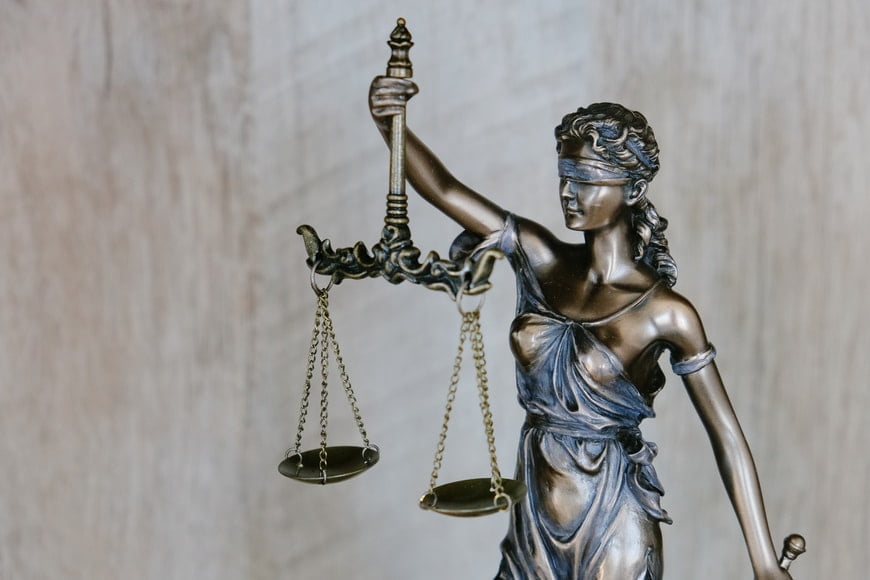
Power of attorney is the best way to handle your affairs in case you become incapacitated.
A power of attorney (POA) is a legal document that grants someone (your agent) the authority to make decisions on your behalf under certain circumstances. Before acquiring a POA, however, you should do your research and ask questions. Here are seven considerations you might run into while researching whether a POA is suitable for you.
1. Why does a POA need to be notarized?
A power of attorney is a legally binding document that grants the agent considerable authority if you lose the ability to make decisions for yourself. A notary’s job is to act as a neutral witness and ensure that the signer enters the agreement knowingly and willingly. Agencies like Superior Notary Services send a notary agent to stamp your documents, helping prevent any future disputes over their validity. Notarization is one of the best ways to mind your POA Ps and Qs.
2. Why should you choose a durable power of attorney over an ordinary one?
The main difference between a standard and durable power of attorney is that the latter remains valid even after the principal becomes incapacitated or incompetent to handle their affairs. It’s called “durable” because it goes into effect as soon as you sign it, meaning it will remain valid if you become incapacitated in the future.
3. Does having a child give me power of attorney over them?
No. If both parents live, neither parent can assume full power without court action that terminates the other’s rights.
4. What happens if my agent is also incapacitated?
If your agent becomes incapacitated, you’ll need to choose a replacement. This person will then take control of all matters within the scope of the power you’ve given them. If no one else was named to act in place of your original agent, or that person can’t serve, you should call an alternate agent.
5. Why is a durable power of attorney used in case of incapacity?
It’s a legal document that grants someone (your agent) the authority to make decisions on your behalf and act for you under certain circumstances. It also keeps control over your assets, so if and when such circumstances arise, whoever you’ve selected will be able to handle any financial affairs.
A power of attorney is someone you trust to make decisions when you can’t anymore, as opposed to decisions made by a court or other appointed guardian.
6. What happens if an institution won’t accept my POA?
If an institution doesn’t accept your power of attorney, you can apply for the court’s help. This petition usually entails submitting medical information and other proof that you’re incapacitated and unable to manage your affairs. This process should be completed quickly and efficiently, and the agency must comply with your POA if the court rules in your favor.
7. Where can I get a POA?
There are many POA forms available online, or you can secure one at a reputable law office. Even though you can fill out the form on your own, it’s best to seek legal counsel before doing so. Consulting with your attorney will ensure your POA is as ironclad as possible.
Conclusion
When you’re incapacitated and unable to handle your affairs, a POA keeps control over your assets. Assigning your POA is an excellent way to ensure you’ll be in good hands even if the worst happens.
Read Also:






























